The best theories for Nintendo's salvation (that actually make no sense)
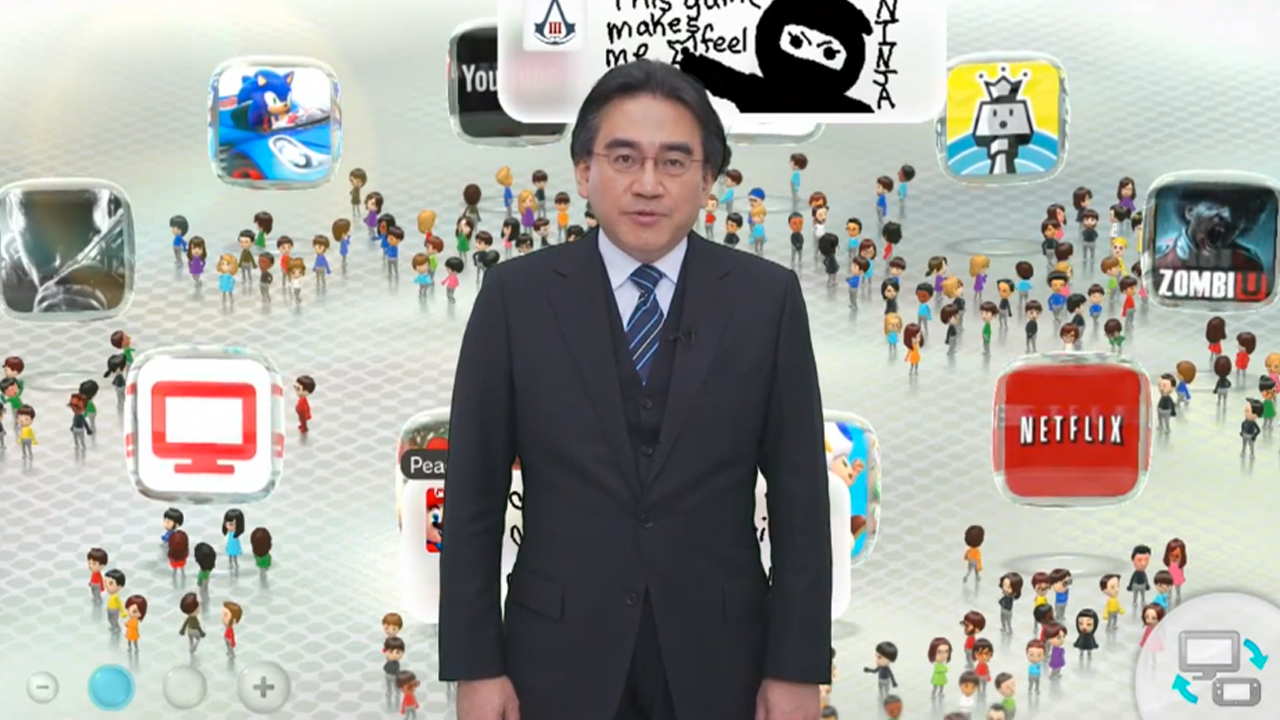
Fewer gripes, more solutions
Stop me if youve heard this one before: Nintendo is in trouble. Yes, yes, its a headline youve been reading for a long time, but thats because the companys outlook keeps getting more grim. Nintendo posted a loss of $229 million dollars for the last 12 months, a number even worse than the company predicted. And the main culprit is the Wii U, which sold only 3.6 million systems the last fiscal year--compare that to the seven million PS4s that have sold since November. Even with strong 3DS revenue, the company is currently far removed from where it was just five years ago with booming Wii and DS sales.
But enough with the doom and gloom! We need to look to the future, not the disappointing present. In the search for answers, I pulled together eight strategies to get Nintendo out of this rut. And, in the sense of fairness, I gave each a reality check to see just how feasible my theories actually are. Lets start with one of the most obvious strategy...
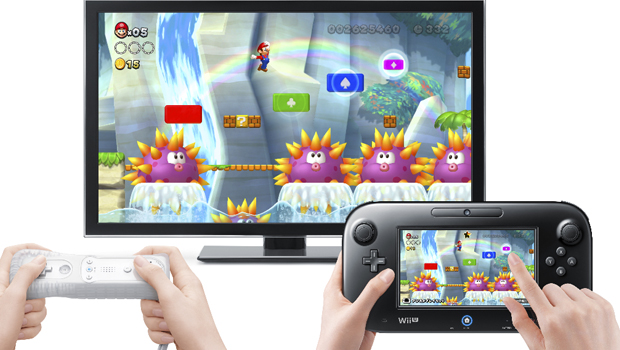
Cutting the Wii Us price
The plan: The Wii U normally costs $300/249, which some would say is a fair price for a console and tablet combo, particularly with the different game bundles Nintendo offers with the system. But when compared to the PS4s $400/ 349, the Wii U is a slightly harder sell. Chop off, say, $50 and the Wii Us value becomes more obvious, no doubt spurring on sales. If the Wii U cant be the most cutting edge hardware, then it should widen the price gap to better distinguish itself.
Will this happen? This isnt very likely in the short term, unless hardware production becomes remarkably cheaper soon. Slashing the MSRP would likely increase sales, but Nintendo would also make less on each system sold. Wii U sales may be a problem, but negative cash flow is a bigger one. Getting less revenue from the Wii U (perhaps even losing money on each console sold) isnt all that helpful--then again, I wouldve said the same thing before the 3DSs huge 2012 price drop.
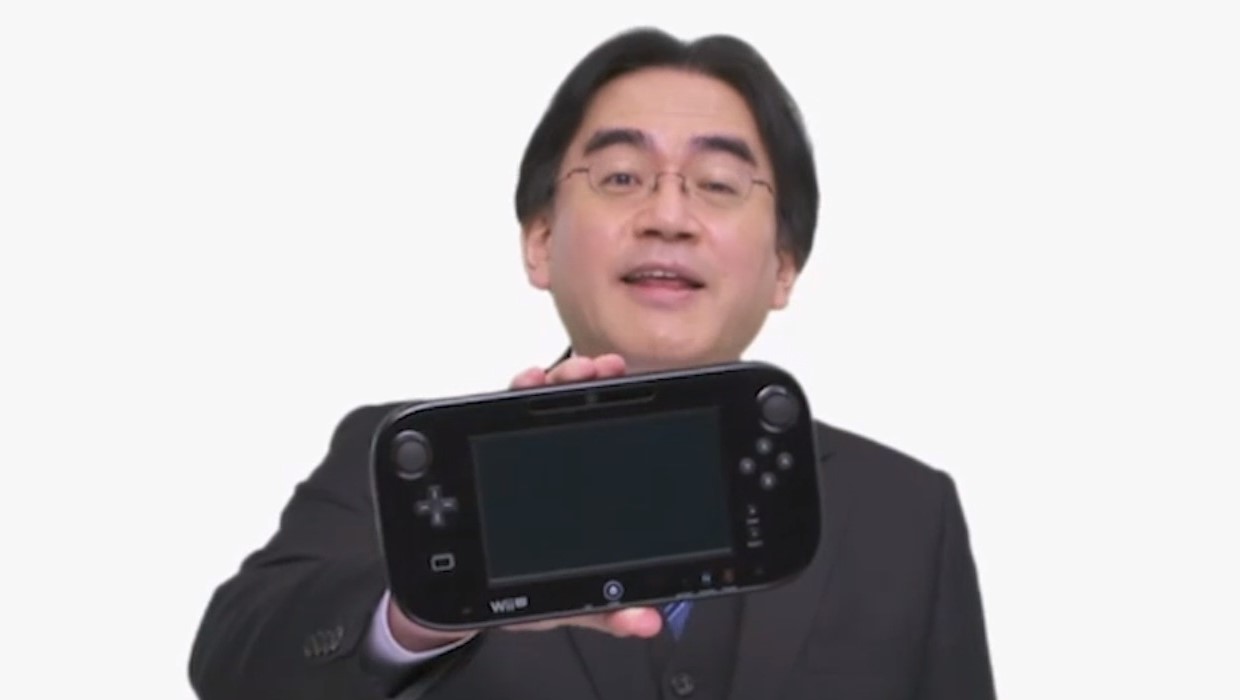
Cut the GamePad, backwards compatibility, or the disk drive
The plan: So its tough to make the Wii U cheaper as is, but what about removing some features? How about replacing the GamePad with a normal controller? Or taking out the Wii backwards compatibility? Or maybe just remove the disc drive and make Wii U an all digital system? Any and all of these could make the Wii U a more attractive machine for consumers, and allow it to reduce the price without taking a bigger loss on the hardware.
Will this happen? Nintendo has been resistant to all of these so far. Company President Satoru Iwata want the GamePad to be more integral to the system, not less. Cutting backwards compatibility seems more possible, mainly because Nintendo did the same with later versions of the Wii, but also too soon. As for an all digital version, Nintendo is definitely happy about its current downloadable sales, but until online console gaming grows more overseas, I dont see Nintendo going fully digitally.
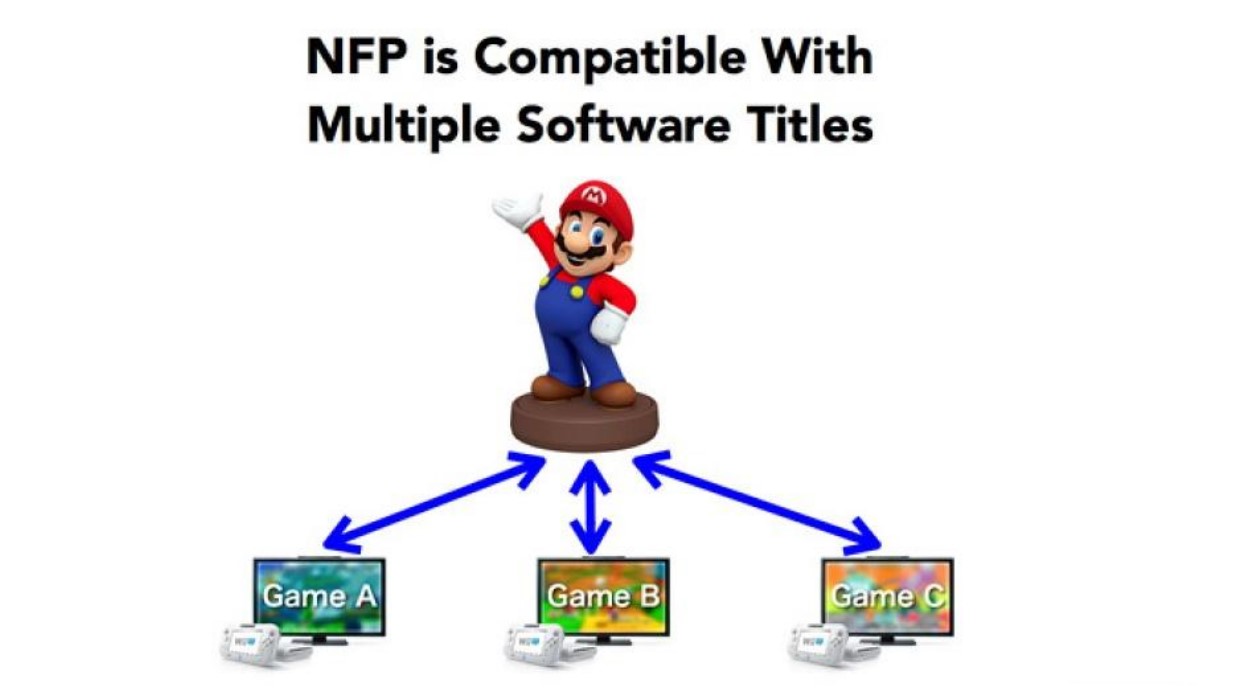
Make the Wii U GamePad really matter
The plan: Fine, if Nintendo wont cut the GamePad, then the tablet needs matter more. Too many games, including ones developed by Nintendo, have few creative uses for the tablet. Some, like Februarys Donkey Kong Country: Tropical Freeze, even have the option to leave the screen blank. Nintendo needs to take the reigns on Wii U development with regards to the GamePad, making the specialized controller as indispensable to the Wii U and the Remote is for the Wii.
Will this happen? Iwata recently detailed his plans to enrich the value of the GamePad in the short term: toys and DS ports. The GamePad has built-in NFC capabilities to interact with toys ala Skylanders and Disney Infinity, and it seems Nintendo will finally take advantage of it with figurines of its own that will communicate with multiple games by the end of the year. And the DS ports offer a console experience thats only possible on Wii U. But while this move is definitely happening, Im not sure how much these smaller steps will help.
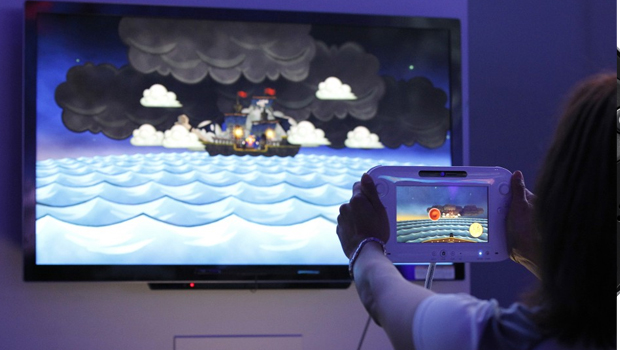
Kill the Wii U and launch new system
The plan: To many consumers, the Wii U simply isnt getting the job done for Nintendo. The name makes some assume its an add-on for the Wii, it lacks mainstream hits like Wii Sports or Wii Fit, and the graphics and features cant keep up with PS4/Xbox One. Itll like look worse by comparison over the next few years, so its time for Nintendo to cut its losses and swiftly release a new, truly next-gen system that can keep up with the big boys.
Will this happen? Its an attractive but unfeasible fantasy at the moment. Iwata has said again and again that hes not only committed to Wii U, but values fun games over fancy tech. And then theres the fact that designing and manufacturing new hardware is a very long process. Lastly, how many early adopters will that next system have if the company burns its loyal fans by killing the Wii U in less than three years? This one has too many drawbacks to be a reality.
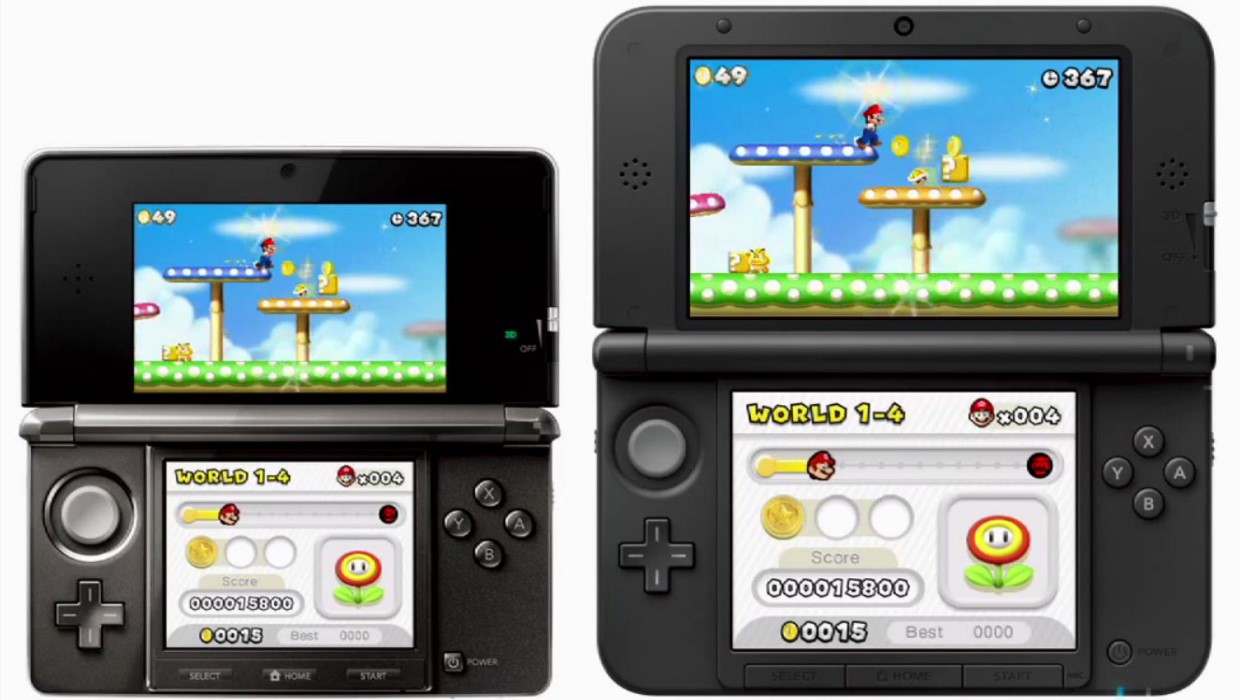
Kill the Wii U and focus on handhelds games
The plan: So if Nintendo is having all these home console issues, and isnt ready to start over with a new system, why not just give up on home consoles altogether? As has been the case for more years than not, 2013 saw Nintendos portables out-earn consoles by a large amount. While the 3DS isnt doing as phenomenally as the DS did, it still does great all over the world, particularly in Japan. If Nintendo focused all its resources there, its profits would surely increase.
Will this happen? Eventually, maybe. The Wii Us design already implements the dual screen philosophy of the DS and 3DS, so a merger of portable and console development is only getting closer. Iwata recently acknowledged the possibility of having a console thats also a portable. Personally, I wouldnt be surprised if the successor to 3DS and Wii U werent the same device, but I dont see that coming for a few years yet.
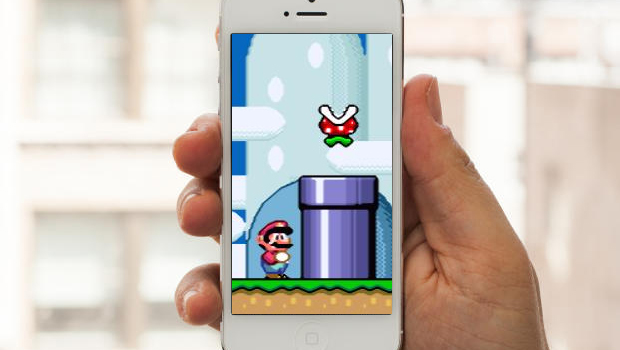
Supplement hardware failings with money from mobile games
The plan: This is the one suggestion that wont die, and its undeniably attractive, especially to those outside gaming. Mobile gamemakers are raking in billions on simple games as Nintendo struggles, and stockholders are watching Marios earning potential be greatly overshadowed by the likes of Angry Birds and Candy Crush. Nintendo should jump on the bandwagon because it needs mobile gaming to survive in todays market.
Will this happen? Mobile games earn a lot of money, but its also a tumultuous market without proven sustainability, the type of business Nintendo usually avoids. And Nintendo has never been keen on sharing revenue with the likes of Apple. Then again, the company is clearly testing the mobile waters, at least as a way to enhance its console games. Nintendo just announced an iOS app that interacts with the Mario Kart 8 community, and I doubt this will be an isolated incident. But will Nintendo developers truly embrace mobile development, and even if they do, could Nintendo titles actually succeed with the decidedly fickle phone users?
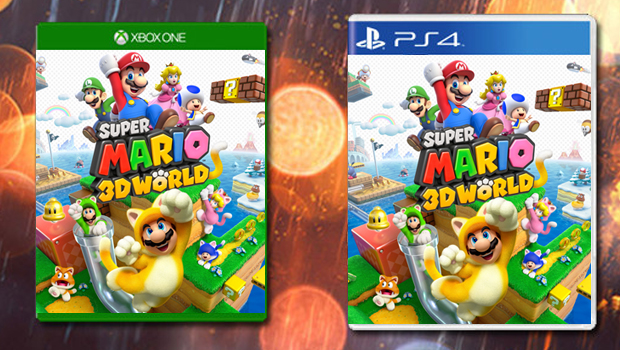
The company should become a third party publisher
The proposal: Some, including former THQ boss Jason Rubin, believe Nintendo makes great games, but is irrelevant because it sticks to its own hardware. Logic says that the Wii U user base is too small to make any game profitable, so sharing Zelda or Mario with Microsoft and Sony will sell millions more copies. Why is Nintendo denying itself tons of revenue by sticking to its own proprietary hardware?
Why its wrong: First off, most traditional third parties had real trouble creating a sustainable business on PS3/360; that includes Jason Rubins shuttered THQ. Then theres the fact that Nintendo would have to spend so much time and money to learn to develop for those systems, and that timeframe grows exponentially with next-gen creations. Finally, after all the effort of getting Mario on the PS4, Nintendo now has to share whatever cash it makes with Sony. The publisher loses so much of the money it makes off its own games, which would really cut into that profit problem Nintendo needs to solve.
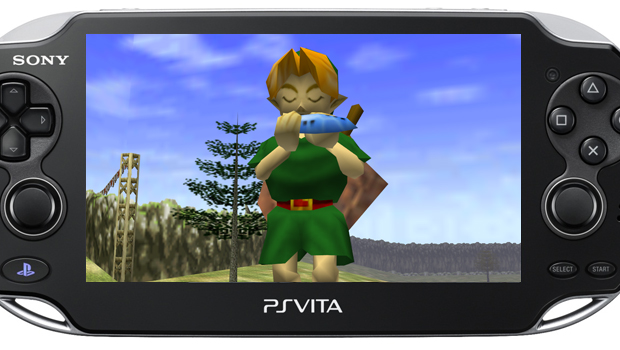
At least put old games on other systems
The proposal: Fine, maybe Nintendo shouldnt invest in making new games for mobile and/or next-gen systems. But what about the hundreds of classics in its library? Start porting those, say industry insiders like Michael Pachter. Ocarina of Time on PS4 or Advance Wars on iPad are a surefire recipe for success. And those games could also be used to push consumers to the newest versions on Wii U and 3DS.
Why its wrong: No matter how it may look on the outside, putting retro games on new systems isnt as simple as copy-and-pasting files. To do it even adequately takes real development resources--then theres the cost of devaluing your brands by flooding the market with old copies. This technique also needs competitive pricing, and given that Nintendo charges five freaking dollars for Balloon Fight on Wii U, that doesnt seem possible either. And remaking classic games for new devices doesnt mean theyll be as good as you remember. Just take a look at the recent Final Fantasy VI rerelease for mobile, which was panned for defiling everything that made the original so special.
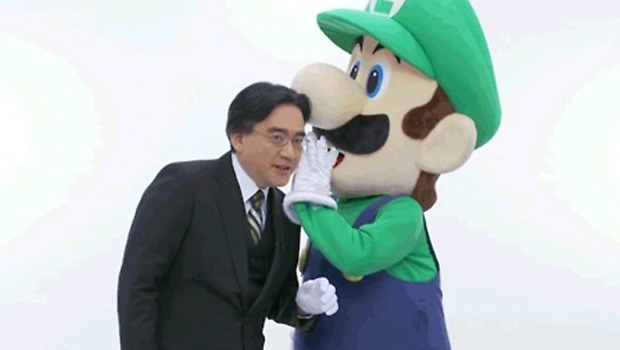
Nintendo boss Satoru Iwata must resign
The proposal: Satoru Iwata took over as Nintendo's president after working his way up from a small time developer. In his time Iwata oversaw the incredible success of the DS and Wii, but hes also led the company to the shaky starts of 3DS and Wii U, along with unprofitability three years in a row. Its time for Iwata to own up to his failures and step down, allowing for some fresh blood to move the company back to its former glory.
Why its wrong: Nintendo is known as a conservative group, but the Iwata era saw numerous risky moves, like focusing on motion controls when competitors were impressing the public with shinier graphics. If Iwata were to resign, who decides his replacement? Likely the same risk-averse shareholders that called for his exit. A buttondown, numbers-focused, boring executive could get installed as president and then double-down on the companys insular ways. Without a more creative, daring guy like Iwata in charge, Nintendo will move even further in the conservative direction that fans dont appreciate.
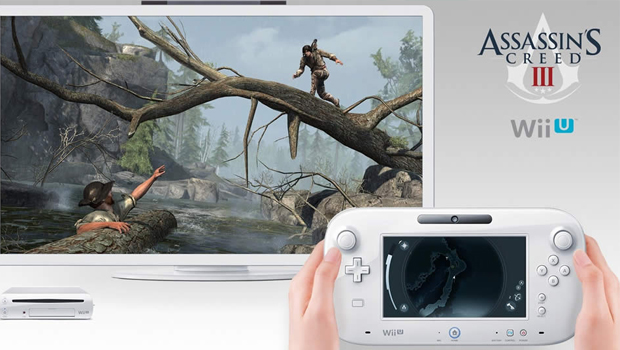
Nintendo should pay for some third party exclusives
The proposal: Nintendos third party support is drying up, particularly in the West. EA and 2K pretty much ignored the Wii U in 2013, while the successful 3DS still isnt seeing much in the way of non-Japanese games. If the Wii U is going to get compelling content from outside Nintendos great talent, the publisher has got to make it worthwhile to put franchises like Grand Theft Auto and Battlefield on the system. And that takes money.
Why its wrong: To start, Nintendo doesnt seem all that interested in enticing third parties outside of Japan. The company scored exclusives like Hyrule Warriors and Sonic Lost World, but there just doesnt seem to be the same willingness to make deals for series like FIFA or Tomb Raider. Then again, would it even be worth it? Sony talked up Vita-exclusive versions of Assassins Creed and Call of Duty in 2012, both of which were met with middling reviews as the handheld saw poor sales that holiday season. Perhaps third-party exclusives dont mean what they used to, and at this point, it doesn't seem a single outstanding third party game can save an entire company.
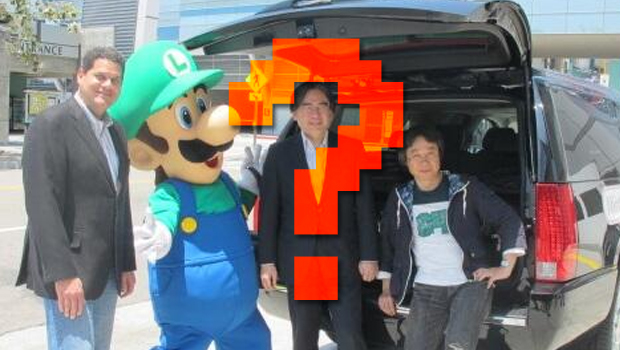
Where do we go from here?
So now everyone knows what Nintendo shouldnt do, but the publisher needs to change something if it hopes to return to profitability. Iwata has says well learn of the companys restructured plans soon, but what do you think theyll be? Let us know in the comments!
And if you're looking for more Nintendo history, check out 8 other catastrophes that Nintendo averted and 50 bits of Nintendo trivia.

Henry Gilbert is a former GamesRadar+ Editor, having spent seven years at the site helping to navigate our readers through the PS3 and Xbox 360 generation. Henry is now following another passion of his besides video games, working as the producer and podcast cohost of the popular Talking Simpsons and What a Cartoon podcasts.


